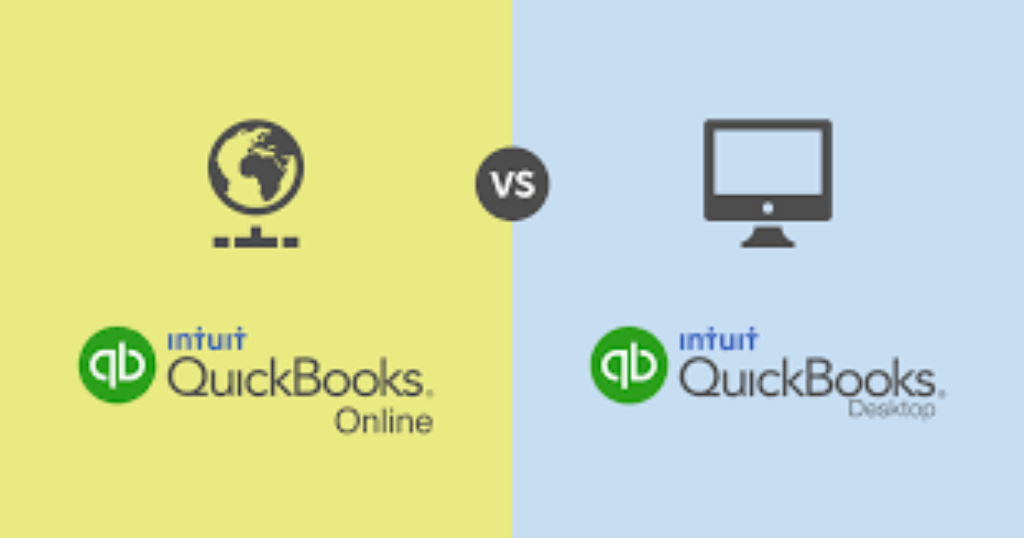
QuickBooks.Intuit and Cloudways are two distinct platforms serving different purposes in the realm of business management and cloud hosting. Here are the key differences between QuickBooks.Intuit and Cloudways:
Purpose and Functionality:
QuickBooks.Intuit and Cloudways
QuickBooks.Intuit: QuickBooks.Intuit is a financial management software primarily designed for businesses. It offers a range of accounting and bookkeeping tools to manage financial transactions, generate invoices, track expenses, and provide comprehensive financial reporting. QuickBooks.Intuit focuses on simplifying financial management and streamlining accounting processes.
Cloudways: Cloudways, on the other hand, is a managed cloud hosting platform that caters to businesses and developers. It provides a simplified interface to deploy and manage web applications on various cloud infrastructure providers. Cloudways focuses on providing a user-friendly experience for cloud hosting, optimizing performance, scalability, and flexibility in managing cloud resources.

Target Audience of QuickBooks.Intuit and Cloudways:
QuickBooks.Intuit: QuickBooks.Intuit primarily targets businesses of all sizes, including freelancers, small businesses, and enterprises. It caters to individuals or teams responsible for financial management, bookkeeping, and accounting tasks within an organization.
Cloudways: Cloudways targets businesses and developers who require reliable and scalable cloud hosting solutions for their websites and applications. It serves a wide range of industries and individuals seeking a user-friendly platform to deploy, manage, and optimize their cloud-hosted applications.
Core Features of QuickBooks.Intuit and Cloudways:
QuickBooks.Intuit: QuickBooks.Intuit offers a range of features related to financial management, including income and expense tracking, invoicing, bill payment, bank reconciliation, financial reporting, and tax management. It provides tools to simplify bookkeeping tasks, streamline financial workflows, and ensure compliance with accounting standards.
Cloudways: Cloudways focuses on cloud hosting and management features. Its core features include server deployment and management, scalability options, performance optimization, automated backups, security measures, collaboration tools, and developer-friendly functionalities such as staging environments, Git integration, and SSH access.
Integration and Compatibility:
QuickBooks.Intuit: QuickBooks.Intuit integrates with various third-party applications, including payment gateways, eCommerce platforms, customer relationship management (CRM) software, and productivity tools. This integration enables businesses to streamline their financial workflows and sync data across different systems.
Cloudways: Cloudways integrates with multiple cloud infrastructure providers, allowing users to choose their preferred provider. It also offers integration with popular development tools and frameworks, enabling seamless application deployment and management for developers.

Support and Resources:
QuickBooks.Intuit: QuickBooks.Intuit provides customer support through various channels, including phone, email, and live chat. It offers a comprehensive knowledge base with tutorials, guides, and resources to help users navigate the software’s features and functionalities.
Cloudways: Cloudways offers customer support through 24/7 live chat, ticketing system, and an active community forum. It provides extensive documentation, tutorials, and guides to assist users in deploying and managing applications on their platform.
In summary, QuickBooks.Intuit focuses on financial management and accounting for businesses, while Cloudways specializes in providing a user-friendly platform for cloud hosting and application management. QuickBooks.Intuit streamlines financial workflows, while Cloudways simplifies the process of deploying and managing applications on cloud infrastructure providers.
For more information read this article Cloudways QuickBooks.Intuit







